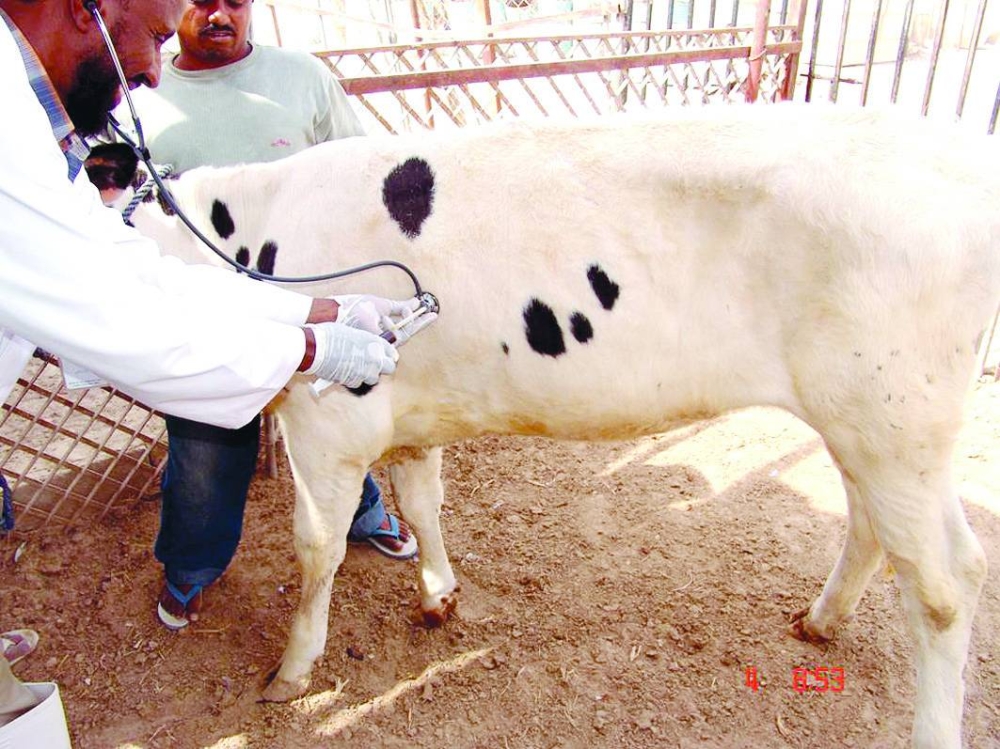The need for more advanced and effective veterinary services has grown considerably as many Qataris have started to invest in producing various breeds of camels, sheep and goats.
Speaking to local Arabic daily Arrayah, a number of livestock owners stressed there is a pressing and growing need for more public veterinary services as part of the state's strategy to enhance livestock production and reach a high rate of self-sufficiency in meat and animal products.
They pointed out that some barn complexes are lacking the adequate services of public veterinary clinics. Besides, the available clinics provide only limited services and falls short of the expectations of the livestock owners regarding the vital vaccines and supply of new drugs for certain common diseases, especially during the summer season. They often have to buy certain new medications from private veterinary pharmacies at high prices to maintain the health of their flocks.
Mubarak al-Dossari pointed out that the common diseases of livestock, especially camels, include pneumonia and high temperature, which are treated by antibiotics and antipyretics. He said that these are available at public veterinary clinics. Though veterinary care in the country has seen considerable development over the past few years there is a need to increase the number and scope of clinics to cope with the increasing number of investors in livestock, especially that a considerable number of owners are keen to keep excellent quality special breeds of goats, sheep and camels.
Jabir Mafad al-Marri sees that veterinary services in Qatar, whether provided by the public or the private sector are acceptable, but there is an urgent need to further expand these services, and create more public veterinary clinics at the barns' complexes.
Ibrahim al-Gazali stressed he has lost 30 heads of livestock due to wrong treatment. He said that some strong and new medications are not available in the public clinics and are expensive.
Jubran al-Ahbabi suggested that the entities concerned should arrange for more field visits by veterinarians to help owners protect their livestock and maintain them. He stressed that sometimes there is a need for quick intervention and strong medications to save the flock.

